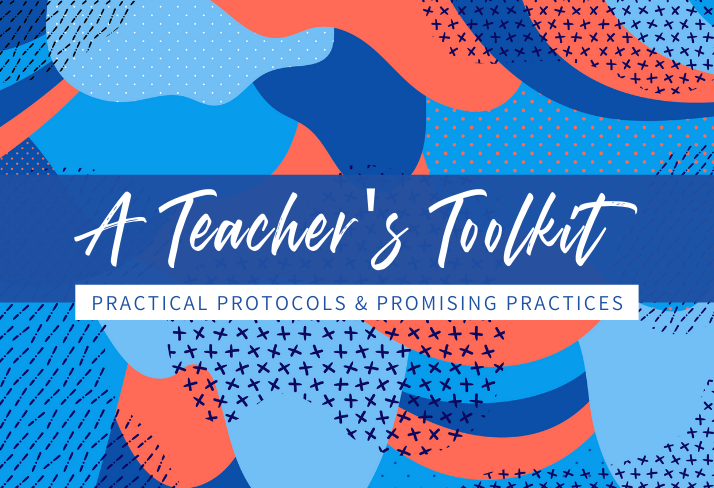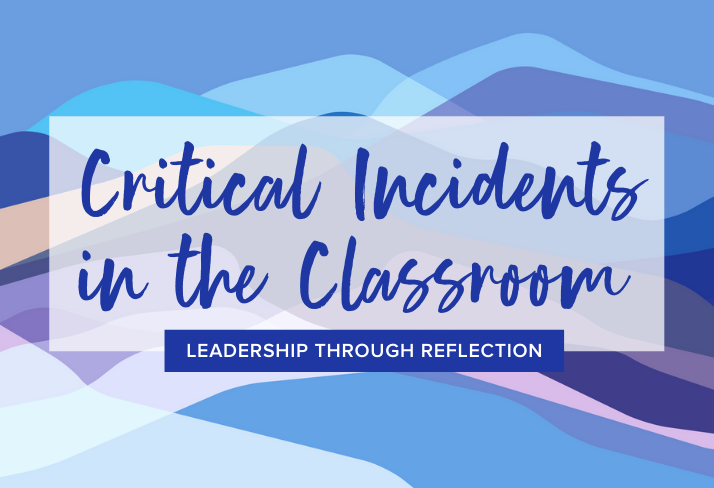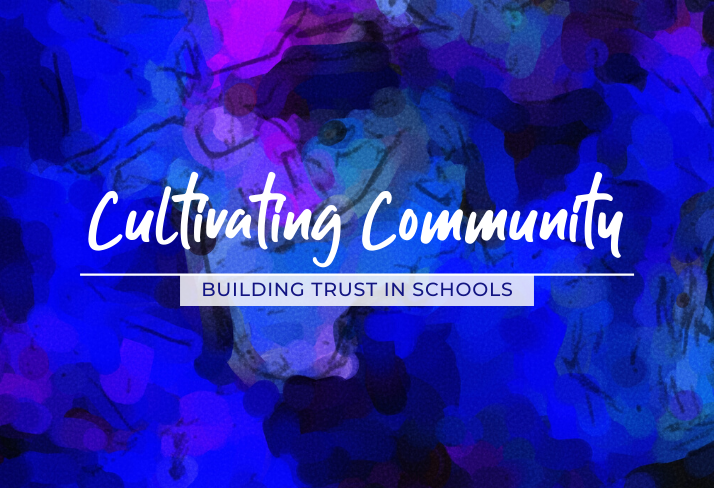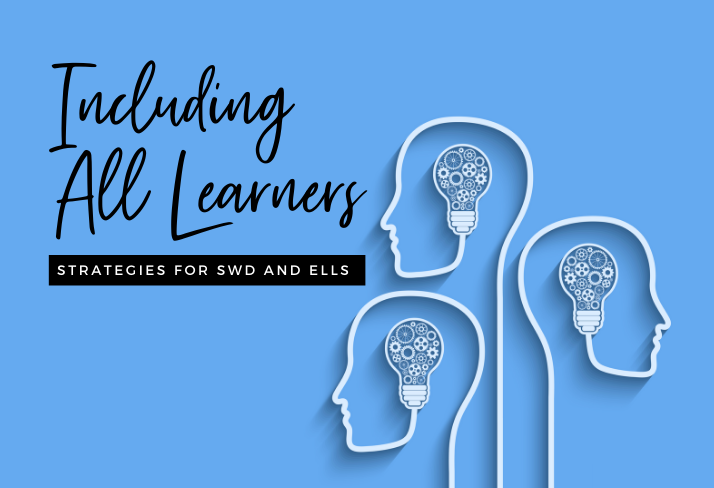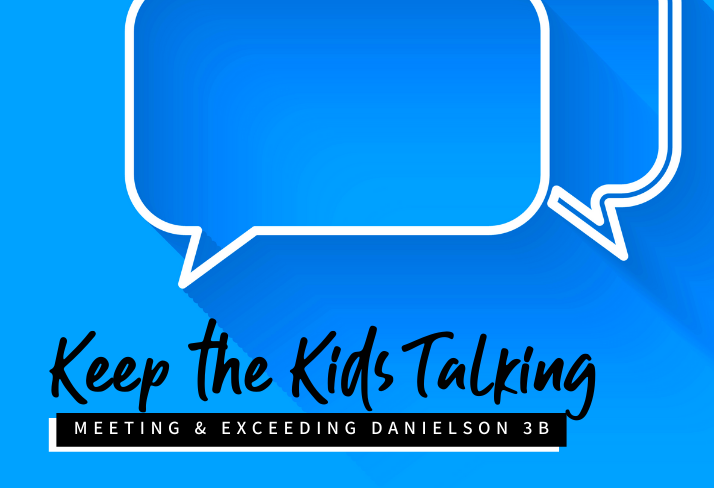|
We must face the realities of our current teaching and learning situation — and then find ways to adapt.
The sunlight is still Summer while the breeze feels like Fall. Teachers stream in, eager to find their names at check-in and chat with colleagues on their way to hear the keynote speaker frame the day, “It’s not that differentiation is part of the work. Differentiation is the work itself. We all can make progress and we can all grow. Each student deserves a goal that they can work hard to achieve!"
This excerpt from a previous post about bringing a series of in-person professional development workshops to life evoked memories that seemed to stand in stark contrast against our current teaching and learning situation.
Adapting our plans
We began our Spring 2020 workshops series on a cold day in February. At the end of the day-long sessions, facilitators reviewed feedback from participants, noted adjustments they would make to their plans, and tucked away sign-in sheets in folders, ready for their next session — a month away. A few weeks later we found ourselves siloed, setting up spaces at home where we could work, on screens, day and night. It felt as if we were living in a snow globe that someone picked up, shook, and set back down, leaving our environment sloshing around us, debris floating through the air, settling at our feet. We moved quickly, collaborating from our siloed spaces, pushing one another to reframe our thinking:
Through connection and communication, we were able to find ways to support teachers who were going through the same process themselves: expanding their classroom from inside the walls of a school building out in the city, across the state, and around the world. The phrase we're in this together became a mantra not only when it came to wearing masks, washing our hands, and social distancing, but also when it came to our own teaching and learning. Stay-at-home restrictions created an environment in which we needed to open our minds to as many options to meet as many students in need as possible. As teachers — from early childhood education to graduate school — revised and remodeled their plans, many began to ask, “Why didn’t I think of this before? I could have a distance learning component for each of my lessons.” At CPET, we realized that we could not only offer each of our workshops in an online space, but we could make all of our offerings available at no additional charge to our participants. The limitation of being in a specific session at a specific time was gone, and what was left was the opportunity for teachers to experience as many of the asynchronous offerings as they cared to.
Our Spring 2020 asynchronous offerings; view upcoming opportunities here
Utilizing practical strategies
Of course, after plans are adapted into a new space, the work again becomes customizing to our students. What do our first graders need to connect during distance learning? What about our sixth graders? Our seniors? As our snow globe settles and our vision clears, we see that trusted strategies are a foundation we can still hold on to. We can identify practical and adaptable tips we’ve used in the classroom and integrate them into our remote teaching and learning.
So, we end where we began: differentiation is not simply part of the work — it is the work.
Each student deserves the opportunity to grow, demonstrate progress, and work hard toward an achievable goal. Each teacher deserves the same. |
|
The Center for Professional Education of Teachers (CPET) at Teachers College, Columbia University is committed to making excellent and equitable education accessible worldwide. CPET unites theory and practice to promote transformational change. We design innovative projects, cultivate sustainable partnerships, and conduct research through direct and online services to youth and educators. Grounded in adult learning theories, our six core principles structure our customized approach and expand the capacities of educators around the world.
|
ABOUT US
525 West 120th Street, Box 182 New York, NY 10027 416 Zankel Ph: (212) 678-3161 [email protected] Our Team Career Opportunities |
RESOURCES
Professional Articles Ready-to-Use Resources Teaching Today Podcast Upcoming PD Opportunities |
COACHING SERVICES
Custom Coaching Global Learning Alliance Literacy Unbound New Teacher Network Student Press Initiative |


